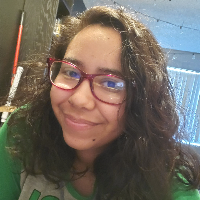6 Native American Books To Read In Order To Support BIPOC Artists And Anthologies
When it comes to supporting BIPOC artists, it can be difficult to know where to start. I personally had a hard time searching for contemporary Native authors that wrote science fiction or fantasy.
However, I eventually came across a group of books that I read and loved. Sadly, they’re not as widely known as they should be. So if you’re having a hard time finding a good read, here’s my personal and recommended list of Native stories, but note that most of them are anthologies.
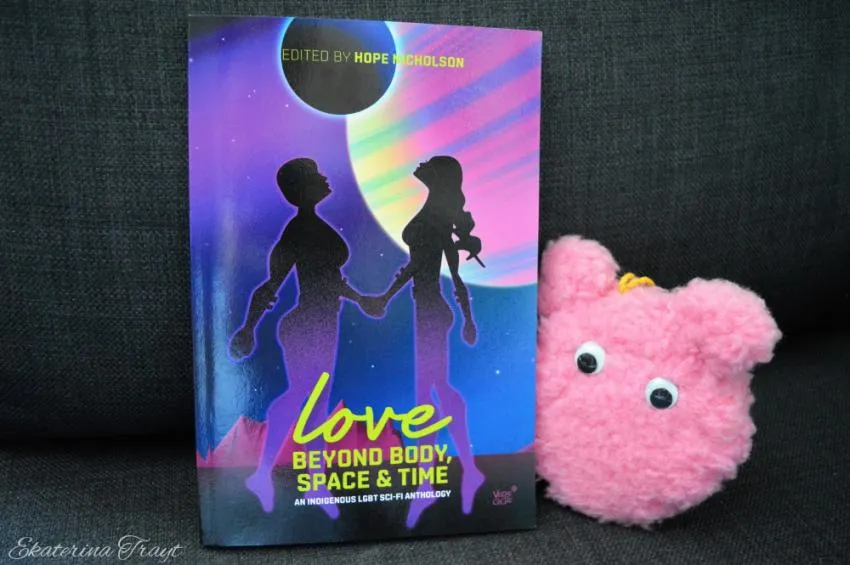
1. "Love Beyond Body Space and Time” Edited by Hope Nicholson.
Love Beyond Body Space and Time is a science fiction and fantasy anthology with LGBTQ+ characters in interactional stories written by Indigenous authors. In “Imposter Syndrome” by Mari Kurisato, Aanji is an AI in the process of transitioning as a human, which parallels the trans journey of hormone therapy and plastic surgery.
And in their world, “citizens,” aka humans, have certain rights and privileges that they don’t have, which showcases the social injustice trans people face in real life. However, because Aanji mentions they want to bleed right, the story also revolves around blood quantum and citizenship issues, making the story intersectional between gender and racial identities.
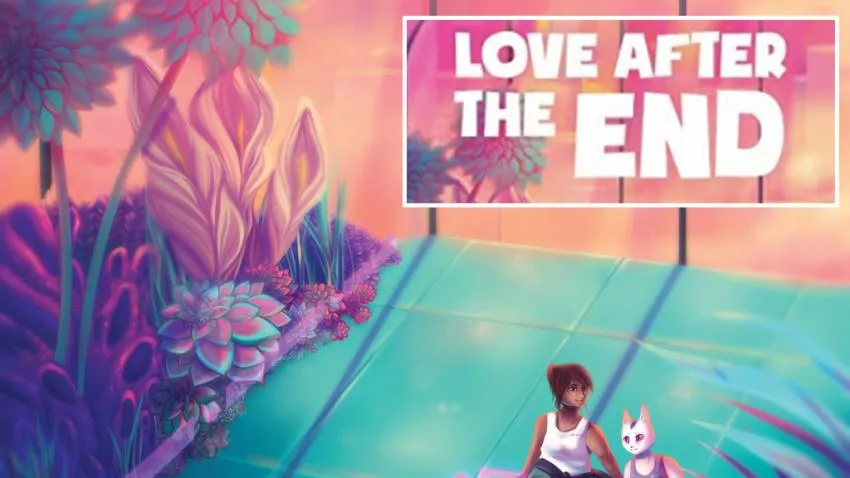
2. “Love After The End” Edited by Joshua Whitehead.
Sequel to “Love Beyond Body Space and Time,” this anthology carries a majority of dystopia stories that are ecocentric. The narrative of “How to Survive the Apocalypse for Native Girls” by Kai Minosh Pyle is a survival manual of Earth’s post-apocalyptic environment written by a two-spirited girl named Nigig.
While writing the manual, she explains, questions, and critiques a new system of power, showing that all types of power have their ways of being oppressive. Along with this, the definition of kinship is explored as people in her society accept and reject each other.
And in “The Ark of the Turtle’s Back” by Jaye Simpson, we’re introduced to a collapsing Earth with people evacuating to the moon and mars. However, the earth’s slow demise seems to come from the exploration and settlement of the moon and mars since it takes a lot of energy from the earth’s core for people to travel.
Because of this, the main character Ni argues that they should take the consequences and die with the planet. In other words, this short story explores our responsibility for the earth’s health.
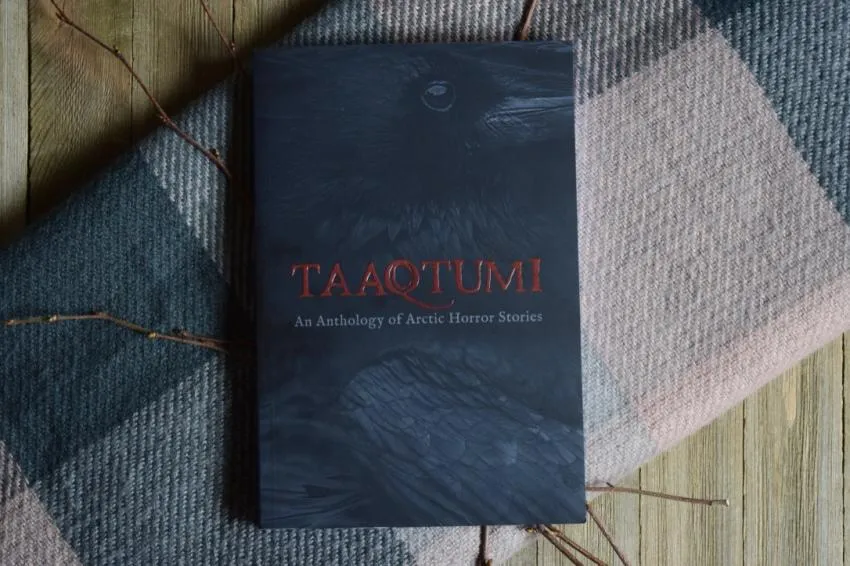
3. “Taaqtumi: An Anthology of Arctic Horror Stories” Edited by Neil Christopher.
As the title says, this anthology contains horror stories from indigenous authors; however, all the stories specifically come from Inuit authors, so the settings are in the Arctic.
In addition, the stories are a mix of modern and traditional Inuit storytelling, which involves their stories being mystical and suggestive with abrupt endings, so the stories are focused on showing vs. telling, making each experience chilling and creepy.
In “The Wildest Game” by Jay Bouckaert, there’s a gruesome description of body horror since the narrative is told from a cannibal’s perspective, making it the scariest story in the anthology.
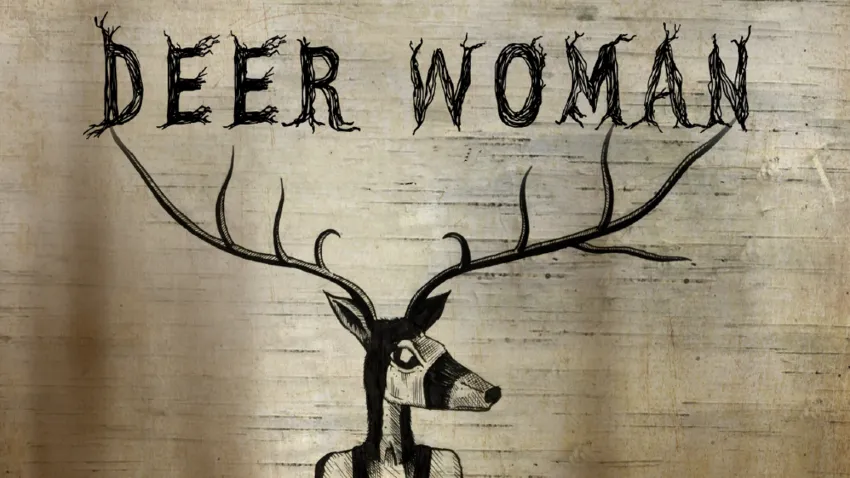
4. “Deer Women: An Anthology” Edited by Elizabeth LaPensee and Weshoyot Alvitre.
Love comics? This anthology carries over a dozen stories of Native women experiencing violence, so the collection has disturbing images. Yet, despite the dark nature of the comics, they bring awareness to the issue. However, these stories also speak of the strength, resilience, and resistance of Native women to evoke empowerment and hope in other survivors.
Note that the collection was influenced by the different tribal versions of Deer Women. They come from various tribes with different stories and purposes. Some stories say the deer women lure young men and make them stay with them to waste away from depression until death, while others give them a bloody lesson.
The authors particularly drew from deer women since they believe spiritual healing involves connecting to their culture. In other words, by taking the wisdom from their cultural stories, they find spiritual balance, making the anthology an act of healing and resilience.
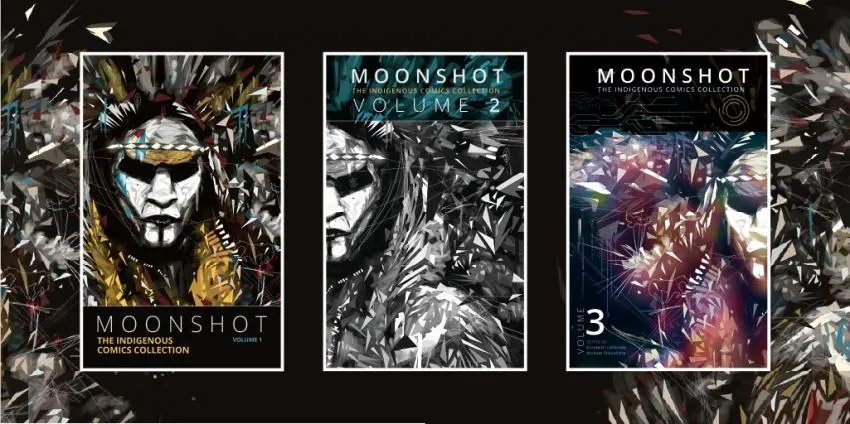
5. “Moonshot” Edited by Hope Nicholson.
Moonshot is a comic anthology with three different volumes containing different stories about Native identities, culture, and spirituality. Because of this, each comic has a paragraph containing background information that’s necessary to know before reading the story.
In volume two the comic, “Worst Bargain In Town” by Darci Little Badger has a background paragraph that begins with: “For many Lipan people, hair is more than a fashion statement; it has spiritual significance and must not be cut without an important reason.”
And the story that follows is about a monster that drains the spiritual powers of a town's people after cutting and collecting their hair. However, some stories revolve around the history and issues of the Native community in the past and the present.

6. “Black Sun” by Rebecca Roanhorse.
Now, I know the title says five anthologies, but this book is not an anthology. It’s a famous native fantasy story that’s not eurocentric, so if you’re a fantasy fan looking for something refreshing, Black Sun is a must-read.
The book is set in a Pre-Colombian era, rooted in Indigenous cultures and folklore from South America. Written in four different perspectives, two of them are in opposition with each other from their spiritual duties in a race against time.
Serapio is the main character first introduced by viewing his cruel upbringing, which was to prepare him to carry the crow god, who promised to return for revenge against the Priesthood. Xiala is a bisexual Teek sailor from a magical race of sirens, whose voice in the song can calm the oceans and control people, and whose story involves guiding Serapio across the waters to the City of Tova.
Then there’s Narampa, a young lady appointed as a sun priest who carries the duty of keeping peace among the different tribes. But she faces discrimination as she struggles to gain and improve the Priesthood from its baggage of mass murder.
With that said, Serapio and Narampa are two characters we learn and see develop, but they eventually have to face each other during The Convergence, an event of spiritual imbalance meant to realign with change as the moon eclipses the sun. In other words, the book is a character-driven slow pace political fantasy novel.
Now that you have these books in mind, I hope you explore and discover your favorite authors among the bunch. With their names, you should find other works written by them or other authors who write in the same genre. And if you don’t, I hope you at least enjoy their stories.
Opinions and Perspectives
I'm so excited to check out Love Beyond Body Space and Time! The intersectional themes around AI, transition, and indigenous identity sound fascinating.
The Taaqtumi anthology really caught my attention. I love horror stories and learning about Inuit storytelling traditions sounds incredible.
Has anyone read Black Sun yet? I'd love to hear thoughts before I commit to buying it.
Just finished Black Sun last week and I absolutely loved it! The world-building is incredible and Xiala was such a compelling character.
I appreciate how these books blend traditional elements with modern genres like sci-fi and fantasy. It's refreshing to see indigenous perspectives in these spaces.
The Deer Women anthology sounds powerful but intense. I might need to mentally prepare myself for that one.
Actually, while Deer Women has difficult themes, I found it ultimately hopeful. The focus on healing and resilience really comes through.
These all sound amazing but I'm particularly intrigued by Love After The End. The environmental themes feel so relevant right now.
I read Imposter Syndrome in Love Beyond Body Space and Time and it completely changed my perspective on AI narratives.
Anyone else find it frustrating how these incredible books aren't more widely marketed? I had no idea most of these existed.
The concept of The Convergence in Black Sun is brilliant. I love how it ties celestial events to spiritual change.
That survival manual story in Love After The End sounds fascinating. I'm curious about how it explores power structures.
The background information provided in Moonshot really helps appreciate the cultural context. I learned so much from those paragraphs.
I'm usually not into horror but The Wildest Game in Taaqtumi sounds absolutely chilling. Might have to step out of my comfort zone for this one.
Reading through these recommendations makes me realize how limited my exposure to indigenous sci-fi has been.
I love that these stories aren't just retelling traditional tales but creating new narratives within indigenous frameworks.
The Ark of the Turtle's Back really made me think about our relationship with Earth. It's stuck with me for days.
As someone new to indigenous literature, which of these would you recommend starting with?
Black Sun is definitely the most accessible if you're new to the genre. It's a fantastic gateway into indigenous fantasy.
The mix of modern and traditional storytelling in Taaqtumi sounds incredible. I love how they maintain the suggestive, mystical elements.
Does anyone know if there are plans for more volumes in the Moonshot series? I've read all three and want more!
The way these books tackle complex themes through speculative fiction is so powerful. Really makes you think differently about current issues.
Just ordered Love Beyond Body Space and Time. Can't wait to dive into these intersectional stories!
The description of Xiala's character in Black Sun sounds amazing. We need more diverse LGBTQ+ representation like this.
Reading Deer Women was challenging but important. It really opened my eyes to issues I knew too little about.
I'm fascinated by how these authors use sci-fi and fantasy to explore indigenous identities and experiences.
The spiritual significance of hair described in Moonshot really adds depth to the monster story. Such clever storytelling.
Anyone else find themselves completely absorbed in the pre-Columbian setting of Black Sun? Such a refreshing change from typical fantasy.
The anthology format really works well for showcasing different indigenous voices and perspectives.
I'm struck by how many of these stories deal with environmental themes. Really shows a different way of thinking about our planet.
